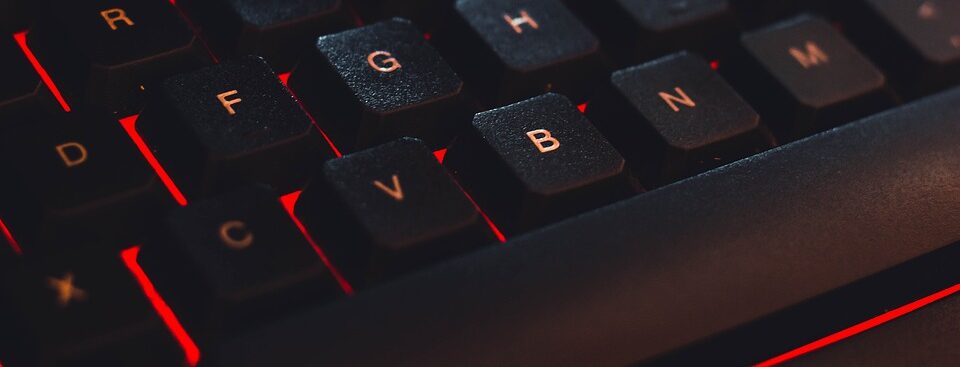
29 Apr GameFi projects: Benefits and drawbacks
The popularity of blockchain technology has been rapidly increasing recently. Innovation is becoming widespread across industries, from cryptocurrencies to medicine, real estate, and luxury. It is not surprising since the blockchain has the following unique features:
- Decentralization. Blockchain removes the need for middlemen. It is decentralization that provides security, transparency, and trust since no central authority controls the entire system.
- Safety. The blockchain structure ensures that it cannot be changed once data is recorded. It improves the security of transactions, ownership records, and other data, reducing the risk of fraud or tampering.
- True digital asset ownership. Thanks to blockchain implementation, tokenization of in-game assets opens up new prospects for participants. Now, gamers can get full ownership of their items and, if desired, even trade them.
- Smart contracts. In games, this enables programmable and automated interactions such as distributing rewards, processing in-game transactions, and implementing complex game mechanics.
- Interaction. Blockchain facilitates interaction by allowing assets and tokens to move seamlessly between games or platforms. Gamers can use their virtual assets across multiple games or ecosystems for a truly unique and immersive experience.
Blockchain computer games, often called blockchain games, emerged around 2017. One of the original projects that captivated users was the game “CryptoKitties,” launched on Ethereum. CryptoKitties offers users the experience of buying, breeding, and trading virtual furries, which are represented as non-fungible tokens (NFT). The success of CryptoKitties demonstrated the impressive potential of the blockchain in games and was the start of the emergence of numerous projects of a new format.
Since then, the influence of blockchain and gaming have become even closer, resulting in the emergence of GameFi projects. They integrate decentralized finance concepts with gaming experiences. The P2E model, in which gamers can earn real value through in-game actions, has gained significant popularity. And this is not surprising because along with FCLOANS, it helps replenish the budget with the required funds.
What is GameFi?
GameFi (commonly short for Game Finance) is an emerging trend that combines the concepts of gaming and DeFi in blockchain ecosystems.
GameFi projects allow players to earn, trade, and use in-game assets as tokens on blockchain platforms. The goal is simple — to provide users with a unique gaming experience.
Differences from traditional computer games:
- Asset tokenization. With GameFi, in-game assets are often represented as tokens on the blockchain. This approach aims to give users absolute ownership of digital items. As a result, you can exchange or trade them not only in the game but also on crypto exchanges.
- Decentralized economy. GameFi projects often use decentralized finance concepts, allowing players to earn cryptocurrency rewards, participate in liquidity pools, and decentralized trading within the gaming ecosystem.
- Blockchain integration. GameFi projects use blockchain technology to ensure transparency, security, and immutability by allowing players to verify ownership and transactions on a public ledger.
GameFi Benefits
- A way to earn money. GameFi presents a unique model that guarantees income from usual actions in the game. For example, traditionally completing quests or participating in trade will bring you additional profit.
- Ownership and interoperability. True ownership of in-game assets on the blockchain enables interoperability across different games and platforms, giving players greater flexibility and control over their digital assets.
- Decentralized governance. Some GameFi projects include decentralized governance mechanisms to allow players to have a say in the development and management of the game.
GameFi disadvantages
- Complexity. Features of blockchain technology, decentralized finance concepts, and game mechanics may not be understandable to all users. This complexity could be a barrier to mass adoption.
- Volatility. The cryptocurrency market is quite volatile. As a result, the value of game assets may fluctuate, affecting the perceived value of players’ in-game efforts.
- Regulatory uncertainty. The intersection of gaming and finance poses regulatory challenges, and GameFi projects may face uncertainty regarding the legal framework in a given jurisdiction.
Should a developer start working on GameFi projects?
GameFi can be a worthy solution for developers who are interested in blockchain, the DeFi segment, and, of course, games. By choosing this path, you can contribute to innovative projects that explore the intersection of these fields. However, it is worth considering the learning curve associated with developing blockchain, smart contracts, and decentralized applications. Also, programmers should know the regulatory framework and potential issues surrounding the rapidly evolving GameFi space and the crypto industry.



